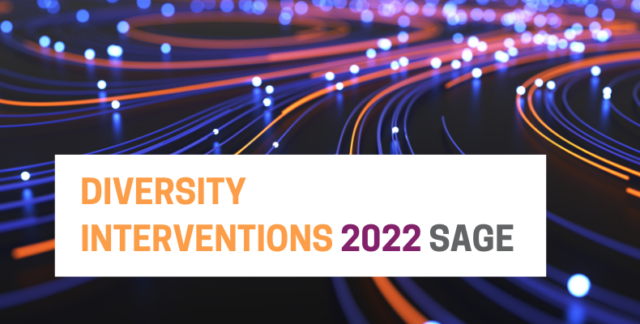This abstract reports on the key skills, knowledge, and experiences we believe we possess as equity, diversity and inclusion (EDI) practitioners at an Australian Higher Education Provider and how these have had an enduring impact on our co-workers.
We are three Associate Deans of Equity, Diversity and Inclusion (AD-EDIs) across the Science, Technology, Engineering and Mathematics (STEM) and Business and Law faculties. Our role is limited to 40% of our time, and the rest of the time, we continue with our usual academic activities (teaching and research). Our positions are strategic and not operational, and we have been in our appointments for between 7 and 18 months. Being an AD-EDI means we work to create an inclusive work environment for all staff. We recognise that some staff (and students) may not be ready for change, and our actions might not please everyone.
We each have unique lived experiences related to both inequity and privilege. One of us is the youngest sister of three siblings, the first in the family to complete university and a first-generation migrant woman of colour with adult children. One is a white woman in STEM who is the only child from a middle-class family and is a first-generation migrant who arrived in Australia after completing her PhD at a globally prestigious university. One is a born-and-bred white Australian man who humbly states that he comes from a privileged background but is first in the family and a new dad. We are very different in our personalities and experiences. However, we share our passion for celebrating diversity and championing equity, our willingness to be uncomfortable with change, and our appreciation for ongoing learning to create an inclusive and care-based workplace.
We also have the skillset to be curious and respectfully ask questions and acknowledge our ignorance of what we do not know. For example, how do we use multiple pronouns and acknowledge Country in a meaningful and authentic way? How do we ask someone about pronouncing their names and their cultural values? We learn and disseminate information on novel concepts to many, such as intersectionality: the compounding impact of multiple factors (e.g. cultural background, disability status, gender, sexuality and socioeconomic background).
As a collective of AD-EDIs, we realise that we need to divide and conquer to do our best while also caring for our wellbeing. To do this, we respect each other and have built trust. Thus, we all do not need to be involved in every project; collectively, we nominate a lead to action specific activities or represent us on certain committees. We share our resources to learn from each other and reduce duplication by having regular catch-ups where we have reflective conversations. We empower others to be EDI advocates, creating a ripple effect and recognising the need for inclusion at all different levels of the organisation, as people are influenced by their closest links.
We conclude by stating that our lived experiences, skillset, and collective approach to EDI impacts the effectiveness of the EDI team.
Presenters
From the University of Wollongong:
- Shamika Almeida
- Jenny Fisher
- Mark Freeman

